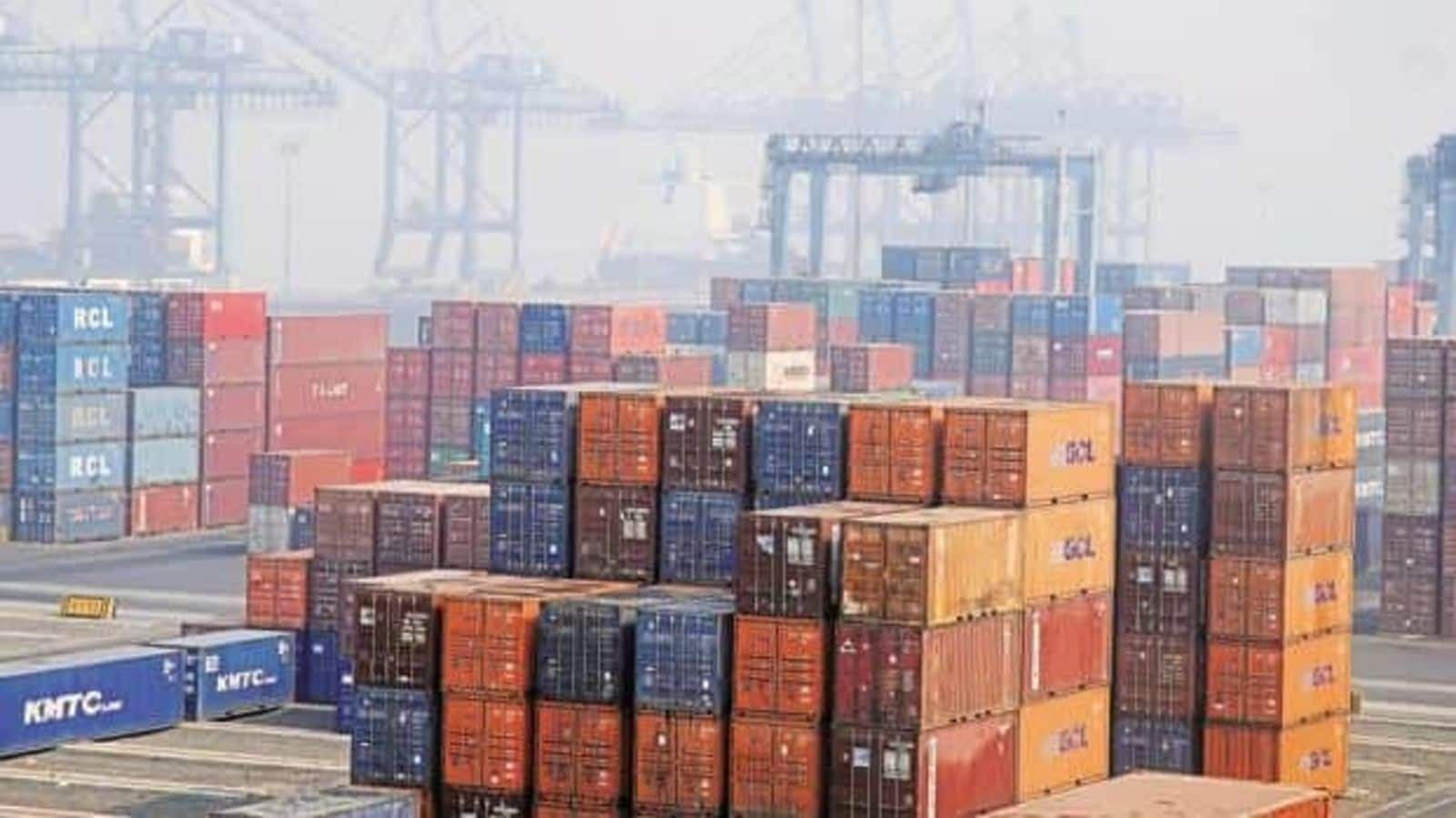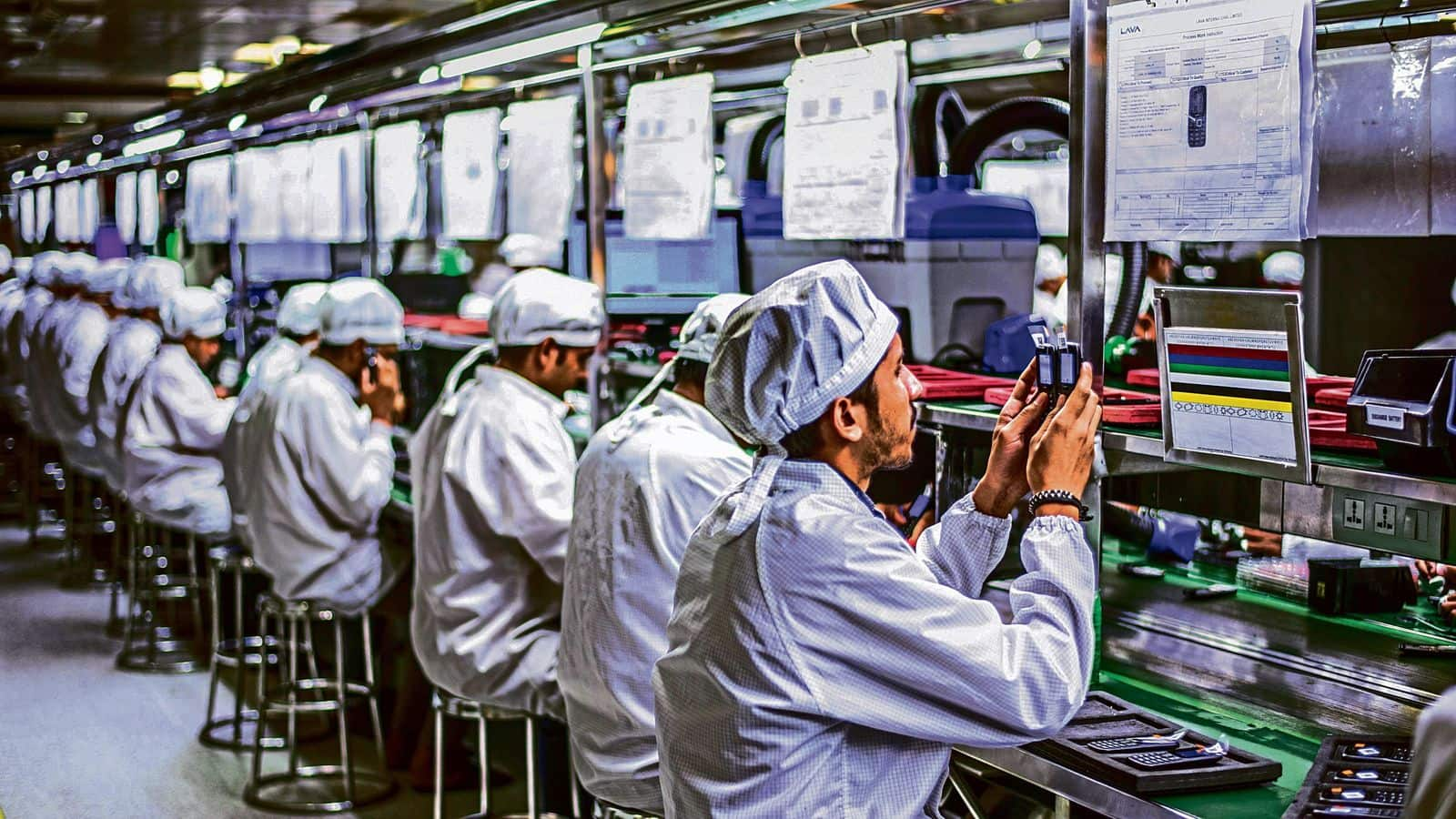y2s
Forerunner
Over the past few years, the government has made it extremely difficult for consumers to directly import products for personal use -
I am happy to pay Tax. But it must be fair and equitable. After having looked at alternatives such as SnS & I2C etc. I feel none of them are truly viable. This is killing all my DIY aspirations.
What do you guys think about this situation and have you found any alternatives? Can one start a company and import under company to save tax? But how would that even work for small quantities and personal use?
- They removed the gift loophole
- Increased Import duty to some 45% - blanket for all personal imports, regardless of product. They add GST on top of this. Ends up being ~ 75%. This in particular irks me and I find it grossly unfair. An importer can import using HSN rates and consumers are left at the plight of these importers. Choice is limited by what they want to import.
- Beginning of lockdown - Slowed/Cancelled shipments from China to the point that regular importers are still facing issues. Consumers literally had no options.
- Now they ban Aliexpress & other Chinese B2C platforms.
I am happy to pay Tax. But it must be fair and equitable. After having looked at alternatives such as SnS & I2C etc. I feel none of them are truly viable. This is killing all my DIY aspirations.
What do you guys think about this situation and have you found any alternatives? Can one start a company and import under company to save tax? But how would that even work for small quantities and personal use?
Last edited:




 I could have generated that e-bill.
I could have generated that e-bill.
